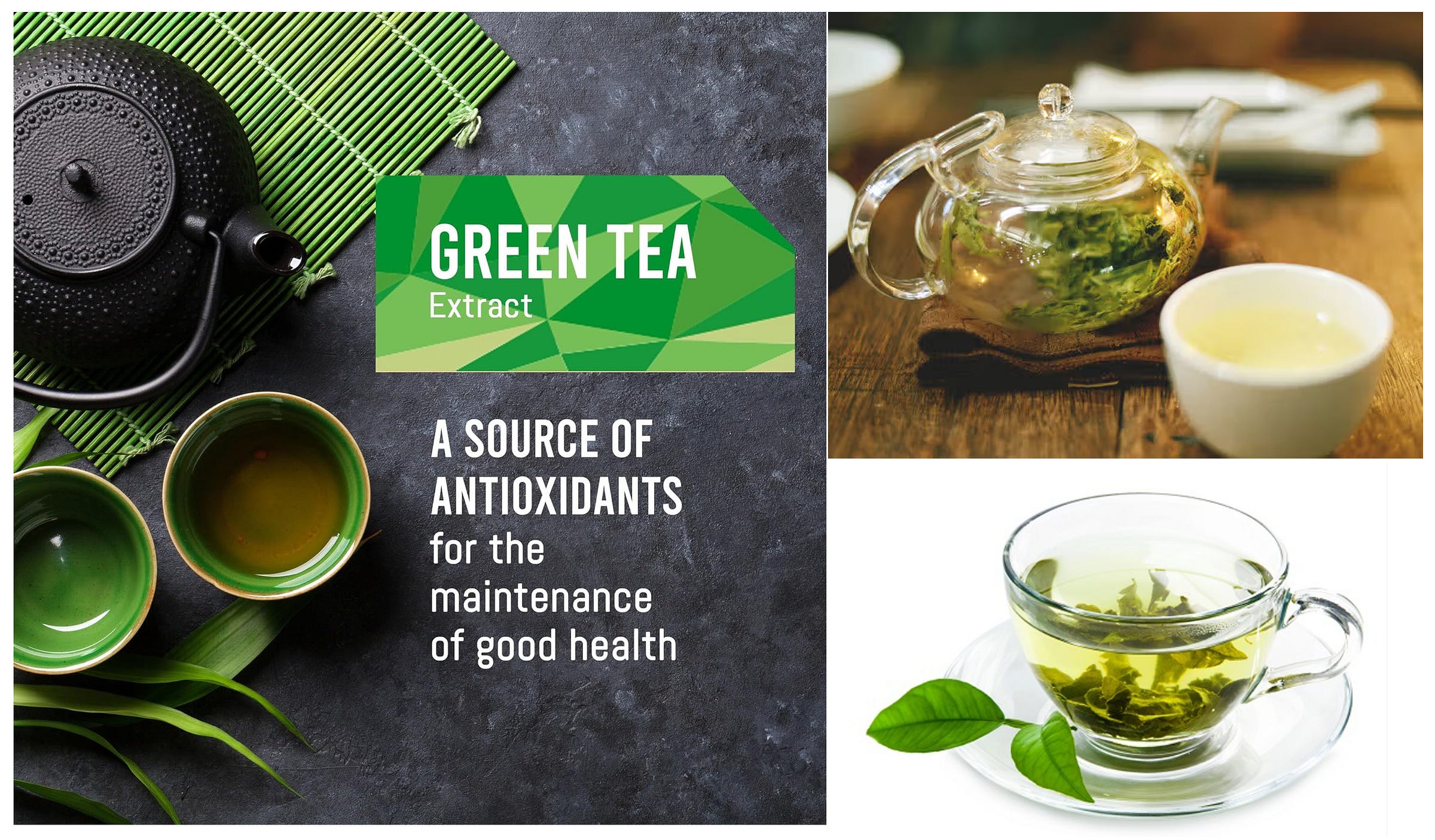GREEN TEA EXTRACT (EGCG) and CANCER - New research on Epigallocatechin 3-gallate - 4 papers reviewed - big pharma is rushing human Clinical Trials. Why?
Papers reviewed:
2023 July, Kciuk et al - Epigallocatechin-3-Gallate Therapeutic Potential in Cancer: Mechanism of Action and Clinical Implications
2022 Ferrari et al - The Potential of Epigallocatechin Gallate (EGCG) in Targeting Autophagy for Cancer Treatment: A Narrative Review
2022 Alam et al - Epigallocatechin 3-gallate: From green tea to cancer therapeutics
2024 Mar, Talib et al - Targeting Cancer Hallmarks with Epigallocatechin Gallate (EGCG): Mechanistic Basis and Therapeutic Targets
======
2023 July, Kciuk et al - Epigallocatechin-3-Gallate Therapeutic Potential in Cancer: Mechanism of Action and Clinical Implications
Majority of green tea’s positive effects on human health can be attributed to the high polyphenol and flavonoid content.
Catechins, which are the primary flavonoids found in green tea, account for about 30–40% of the solid components of this plant (EGCG is one of them).
Epigallocatechin-3-gallate (EGCG) = most abundant phenolic compound in green tea
EGCG has gained scientific interest due to its antioxidant, anti-inflammatory, anti-fibrotic, and anti-cancer properties
One cup of Green Tea (250mL) contains ~ 177mg EGCG
Anti-Cancer Mechanisms
Keep reading with a 7-day free trial
Subscribe to COVID Intel - by Dr.William Makis to keep reading this post and get 7 days of free access to the full post archives.





